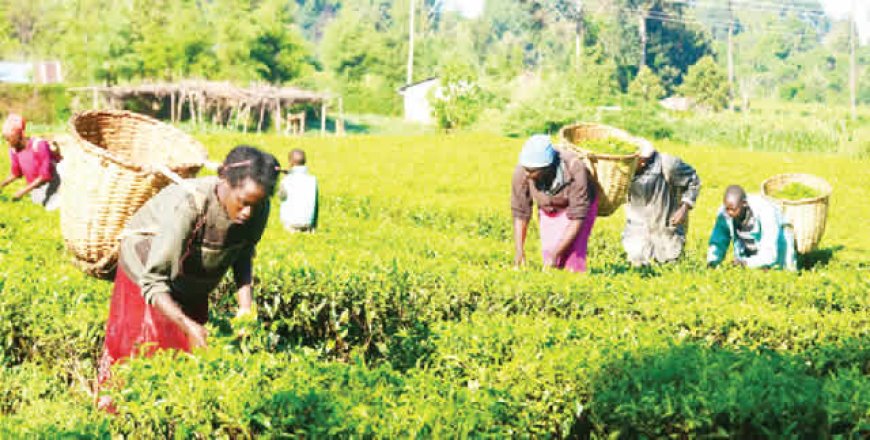Adamawa ruler donates 2,000 hectares to boost farming

In a bid to boost food production and ensure food security in the North East region of the country, the Lamido of Adamawa His Royal Highness Dr Mustapha Barkindo, has approved the allocation of 2,000 hectares of land to establish a modern agricultural hub, which is expected to transform farming practices and create jobs for over 10,000 youths across the region.
reports that the Adamawa State Agricultural Hub, as a component of the ACReSAL initiative, will be spearheaded by Business Development Managers Consultancy Services in partnership with the Adamawa Emirate Council and the state government.
During a meeting at Lamido’s palace, on Wednesday, Hon. Abubakar Umar, the Chairman of the Board of Directors of BDMCs-Nigeria revealed that the 2,000 hectares of fertile land allocated by the royal father will host a comprehensive agricultural platform covering every aspect of agriculture – from cultivation and harvesting to processing, packaging, and export.
Hon. Umar, while commending the royal father for his foresight in supporting development projects, noted that key crops to be cultivated include: yellow maize, sesame seeds, ginger, turmeric, soyabeans, and hibiscus.
He disclosed further that the hub will support livestock and fisheries operations, such as goat farming, poultry, milk production, fish farming, cow rearing, fattening, and animal husbandry.
“BDMCs, a company specialised in agricultural (energy) and livestock, is developing the ‘Adamawa State Agricultural Hub’ in partnership with the Adamawa State Emirate Council,” he stated.
In his own speech on behalf of the Lamido of Adamawa, Umar Yahaya, the Secretary of the Emirate, expressed their readiness to continue the partnership that will bring development to the state and improve food security.
Meanwhile, the Vice Chairman of BDMCs, Chief Peter Olayinka, emphasised that when fully operational, the $80 million investment is projected to create direct and indirect jobs for at least 10,000 youths, improve food security, boost internally generated revenue, and enhance agricultural research and training across the state.
He explained that the initiative is also designed for nationwide expansion, with Adamawa serving as the pilot project before similar initiatives are rolled out in Osun and Delta states.
According to Olayinka, “The project is funded by American partners, with an estimated investment of $80 million. Chinese partners are supplying the necessary machinery. This multi-party collaboration involves expertise in various agricultural aspects, equipment provisions, and financial backing from different investors to ensure the proper execution of the project.”
The agency also explained that plans were underway to dredge nearby rivers to enable year-round farming and to introduce advanced techniques such as all-crop sensing and greenhouse production.
The project,we further learnt from the agency, includes a Tropical Institute of Agriculture within the hub, designed to train personnel from all 36 states of Nigeria.
“Trainees will be taught about specific crops suitable for their state’s comparative advantages, provided financial support for farming under supervision, and their produce will be off-taken for export.”
BDMCs management disclosed that among the infrastructural development will include an agro-city featuring an administrative complex, hostels, a farm market square, a 3-Star hotel, an aquatic farm restaurant and a helipad for foreign investors’ easy access to the Hub.

 admin
admin 


